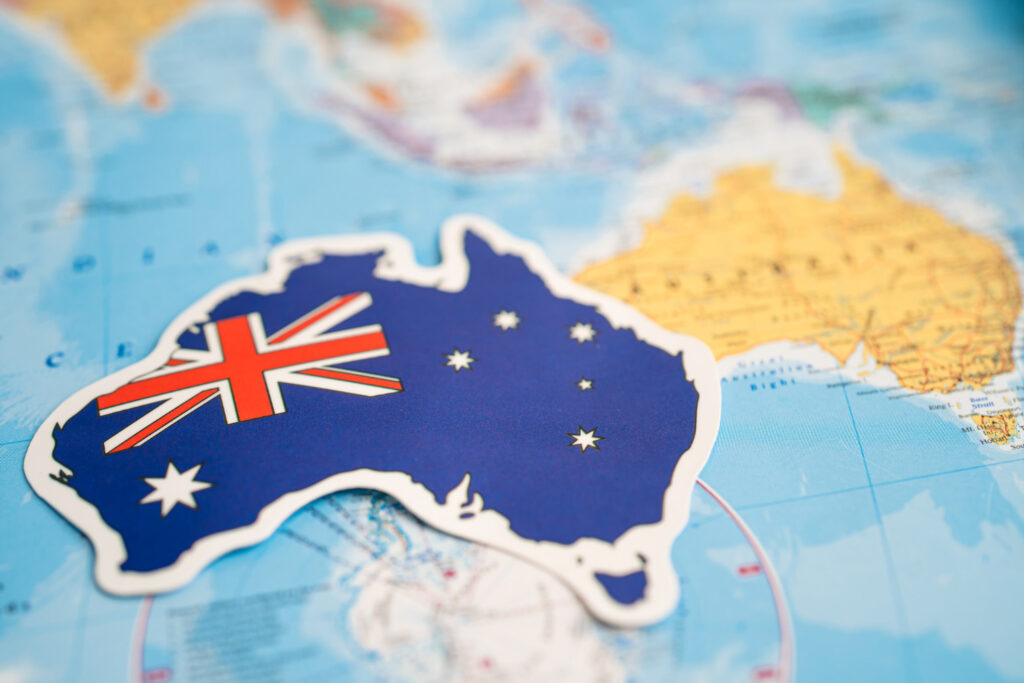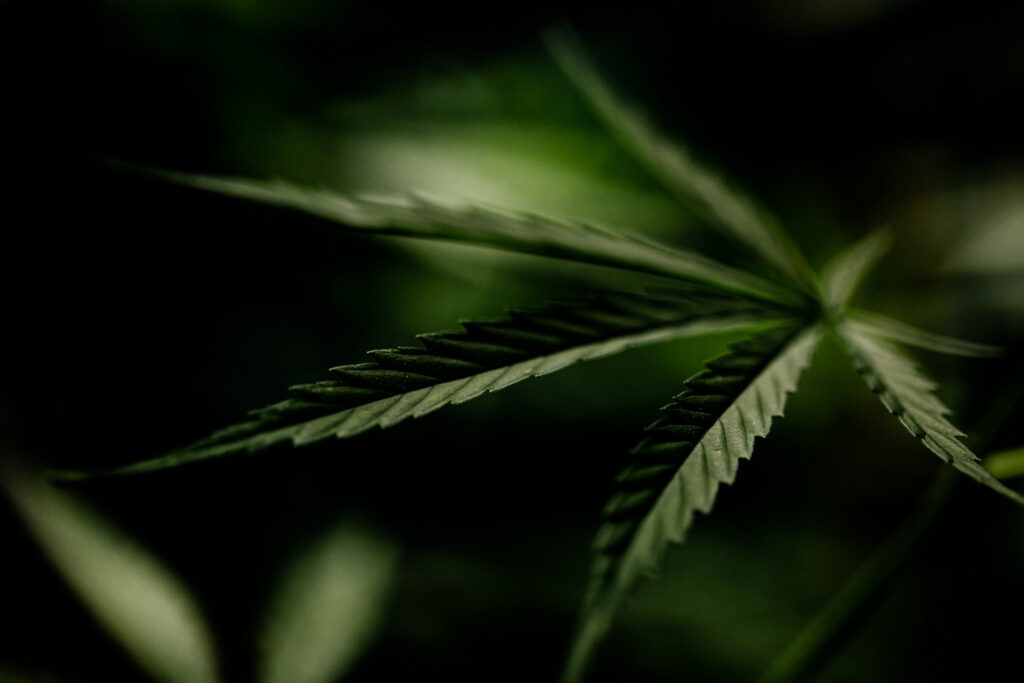In 2025, cannabis possession rules in Australia remain a patchwork of different laws, limits, and enforcement approaches. While medical cannabis is legal nationwide through the Therapeutic Goods Administration (TGA) system, recreational use continues to be regulated at the state and territory level, resulting in wide variations in what is considered a legal or low-level amount. Some regions have adopted legalisation or decriminalisation for small quantities, while others still treat possession as a criminal offence but allow police to issue cautions or diversion notices for first-time or low-level cases. Understanding these possession thresholds is essential for staying compliant and avoiding unnecessary legal trouble, especially when travelling between jurisdictions where the rules differ significantly.
Australian Capital Territory – Legal Possession Within Limits

The Australian Capital Territory (ACT) is currently the only jurisdiction in Australia that allows limited recreational possession and home cultivation for adults. Residents aged 18 and over may possess up to 50 grams of dried cannabis or 150 grams of fresh cannabis for personal use. They may also grow up to two cannabis plants per person, with a maximum of four plants per household. Cannabis plants must be grown in a secure location and not in public view, and the law prohibits hydroponic cultivation.
While the ACT model permits possession and home growing within these limits, public consumption remains illegal, and supplying cannabis to others—even without payment—is an offence. There is also no legal retail market, so cannabis must be grown personally or obtained through non-commercial sharing. Importantly, federal law still prohibits cannabis possession, meaning that carrying cannabis across the ACT border into New South Wales can lead to prosecution under NSW laws.
South Australia – Decriminalised Possession Levels
South Australia has one of the longest-standing cannabis decriminalisation systems in the country. Possession of up to 100 grams of dried cannabis, one cannabis plant (grown outdoors, not hydroponically), or small quantities of cannabis resin is treated as a “simple cannabis offence.” In such cases, police issue an on-the-spot fine through a Cannabis Expiation Notice, allowing the matter to be resolved without a criminal conviction.
However, possession above these limits, cultivation of multiple plants, or any evidence of supply can lead to more serious charges, including fines issued by a court or imprisonment for large-scale offences. The decriminalised threshold provides some protection for low-level personal users, but exceeding it or committing repeat offences removes the option of a simple expiation notice.
Northern Territory – Private vs Public Possession
In the Northern Territory, possession of up to 50 grams of cannabis in a private home generally results in a fine rather than a criminal record. This approach reflects a more lenient stance for personal use in private spaces. However, possession in public—regardless of quantity—is treated more strictly and can lead to court charges.
Cultivation without a licence is illegal, and penalties increase significantly for more than a small number of plants. The NT model makes a clear distinction between cannabis possession in the privacy of one’s home and possession in public areas, with public possession more likely to attract criminal enforcement.
Western Australia – Cannabis Intervention for Small Amounts
Western Australia operates a diversion system for small cannabis quantities called the Cannabis Intervention Requirement (CIR). Adults found in possession of up to 10 grams of cannabis—or a smoking implement with traces—may be referred to an education session instead of being charged. The session must be completed within 28 days to avoid further legal action. This diversion option is available only once for adults (and twice for minors).
Possession above 10 grams, repeat offences, or involvement in cultivation or supply bypass the CIR and lead to criminal prosecution. As a result, the WA threshold for avoiding charges is one of the lowest in the country.
New South Wales, Victoria, Queensland, and Tasmania – Caution and Diversion Schemes
These four states have similar approaches to low-level possession: cannabis remains illegal, but police may use their discretion to issue a caution or refer offenders to a diversion program instead of laying charges. The threshold amount and number of cautions allowed vary by state.
In New South Wales, possession of up to 15 grams may qualify for the Cannabis Cautioning Scheme, which can be issued twice to adults. The caution is usually accompanied by information on drug use and treatment services.
In Victoria, possession of up to 50 grams may result in a caution or diversion referral for first-time or minor offences, particularly if the person agrees to attend an education program.
In Queensland, possession of up to 50 grams may be eligible for a Police Diversion Program, which requires attending a drug assessment and education session. Larger amounts or repeat offences can lead to criminal charges.
In Tasmania, police may issue up to three cautions for possession of under 50 grams, with escalating requirements for counselling or education. Higher quantities or repeat offences after the caution limit lead to prosecution.
While these states provide pathways to avoid a criminal record for small quantities, possession above their thresholds or repeated offences still carry significant legal risks, including fines, community service, and imprisonment.
Cross-Border Risks and Federal Law
Even if possession is legal or decriminalised in one jurisdiction, carrying cannabis across state or territory borders can expose you to prosecution under the laws of the destination state. For example, a person in possession of 30 grams in the ACT is within the legal limit locally, but if they cross into NSW, they exceed the 15-gram threshold for a caution and could face charges. Federal law also continues to classify cannabis as a prohibited drug, which means interstate transport can be prosecuted under Commonwealth offences in certain circumstances.
Drug-driving laws apply in every state and territory, and they operate on a zero-tolerance basis for THC presence in saliva or blood. This means you can be penalised for driving with detectable THC levels even if you are not impaired and even if your possession is legal under local rules.
Understanding Possession Limits in 2025

In Australia’s fragmented cannabis policy environment, possession thresholds are an essential reference point for anyone using cannabis recreationally. The ACT offers the most liberal model with legal possession and home cultivation, while SA, NT, and WA offer some protection through decriminalisation or diversion schemes. NSW, VIC, QLD, and TAS maintain prohibition but use caution and diversion to handle low-level cases without a criminal record.
Knowing your local laws—and the laws of any jurisdiction you travel to—is critical. Staying within the legal limits, avoiding cross-border transport, and being aware of zero-tolerance driving rules can help you avoid serious consequences. As public opinion shifts and more discussions around nationwide reform take place, these thresholds may evolve, but for now they remain a defining feature of Australia’s uneven approach to cannabis regulation.






Leave a Reply